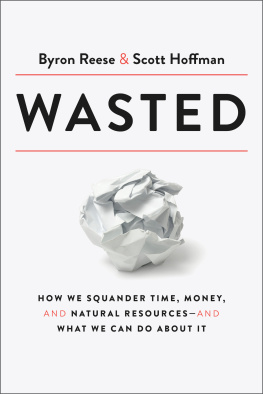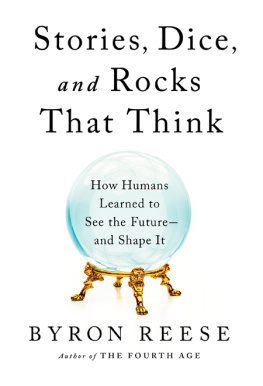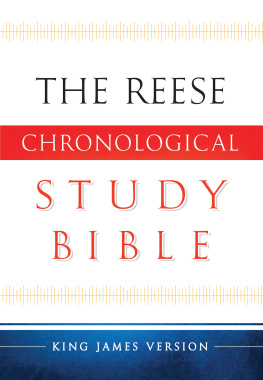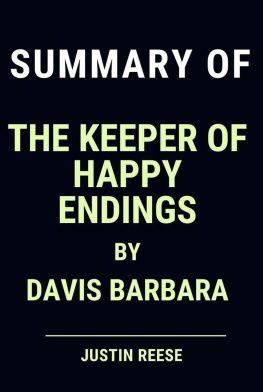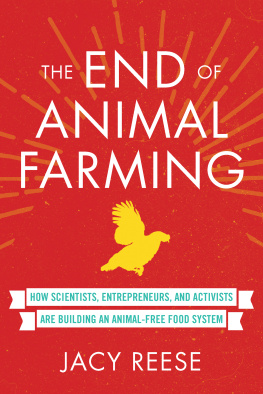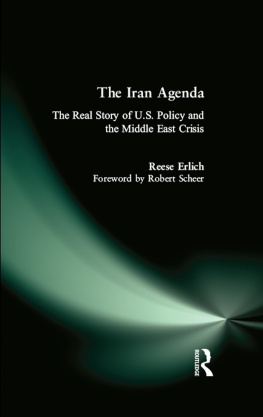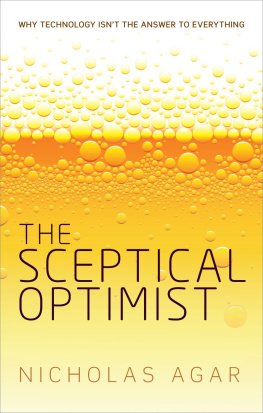Published by Greenleaf Book Group Press
Austin, Texas
www.greenleafbookgroup.com
Copyright 2013 Byron Reese
All rights reserved.
No part of this book may be reproduced, stored in a retrieval system, or transmitted by any means, electronic, mechanical, photocopying, recording, or otherwise, without written permission from the publisher.
Distributed by Greenleaf Book Group LLC
For ordering information or special discounts for bulk purchases, please contact Greenleaf Book Group LLC at PO Box 91869, Austin, TX 78709, 512.891.6100.
Design and composition by Greenleaf Book Group LLC
Cover design by Greenleaf Book Group LLC
Publishers Cataloging-In-Publication Data
(Prepared by The Donohue Group, Inc.)
Reese, Byron.
Infinite progress: how the internet and technology will end ignorance, disease, poverty, hunger, and war / Byron Reese. 1st ed.
p.; cm.
Includes bibliographical references and index.
Issued also as an ebook.
ISBN: 978-1-60832-404-0 (hardbound)
1. InternetSocial aspects. 2. TechnologySocial aspects. 3. Forecasting. I. Title.
| HM851.R44 2013 |
| 303.483/3 | 2012951267 |
Part of the Tree Neutral program, which offsets the number of trees consumed in the production and printing of this book by taking proactive steps, such as planting trees in direct proportion to the number of trees used: www.treeneutral.com
Printed in the United States of America on acid-free paper
12 13 14 15 16 10 9 8 7 6 5 4 3 2 1
First Edition
Introduction
THE CASE FOR OPTIMISM
Im not sure whether the optimists or the pessimists are right, but I know this: The optimists are going to get something done.
J. Craig Venter
T here exist two sorts of optimists. There are the people who hope the future will be better. Then there are the people who reason the future will be better.
I am the second variety.
In this book, I maintain the future will be without ignorance, disease, hunger, poverty, and war, and I support those assertions with history, data, and reason. After reading my arguments, you may or may not believe the future I describe is inevitable, as I say it is. But I hope you will at least believe it to be possible. And you may evenreasonably, optimisticallythink it to be quite likely.
If you happen to live in the United States, as I do, optimism should be coursing through your very veins. America was birthed in optimism. The American Revolution was not the story of the have nots overthrowing the haves in a bid to increase their place in society. Just the contrary: It was the entrenched social order, those with everything to lose, who decided to fight a war with the most powerful country on the planet against overwhelming odds.
But all along, they believed they would ultimately prevailand not just win the war, but also do something epic that would change the course of history for all time. They believed they would build a great empire of liberty that would begin a series of revolutions for liberty all around the world. And they did! While America was just a sliver of land on the Eastern Seaboard, these founders foresaw a time when it would fill up the entire continent.
As the nation grew, so did what came to be called the American Dream. It is a simple premise and yet, at the same time, an article of faitha faith that the future would be better than the past. You may come to America and be poor, but if you work hard, your children will have a better life and a better opportunity. And their children even more. John Adams wrote of it in a letter to his wife in 1780:
I must study Politicks and War that my sons may have liberty to study Mathematicks and Philosophy. My sons ought to study Mathematicks and Philosophy, Geography, natural History, Naval Architecture, navigation, Commerce and Agriculture, in order to give their Children a right to study Painting, Poetry, Musick, Architecture, Statuary, Tapestry and Porcelaine.
Our national character is centered on optimism. Just as ancient cultures used creation myths to explain their beginnings, we have stories of the American Experience that we tell again and again until they acquire mythic status. We were born and raised on these optimistic narratives: The Immigrant Who Arrives with Nothing and Makes a Fortune. The Regular Worker Who Risks It All and Strikes It Rich. The Person Who Dreams Bigger than Anyone Else and Makes It Happen. The Garage Tinkerer Who Invents the Next Big Thing.
By the midpoint of the twentieth century, Americas dreamers were preoccupied with the futureand not just any old future, but the great and glorious future that seemed inevitable. Everywhere you turned, people were speculating about, or building models of, the House of Tomorrow, the Car of Tomorrow, or the Workplace of Tomorrow. At expositions and fairs around the globe, exhibits forecast a coming day when everything would be faster, cheaper, cleaner, easier, and just altogether more wonderful. Science would solve everything, prosperity would grow indefinitely, and people would thrive.
In the spirit of that time, the audacity and the unwavering confidence, John F. Kennedy told the world of plans to put a man on the moon by the end of the decade. The speech he gave in September 1962, announcing that goal, spent a good amount of time justifying the expense and explaining the urgency. But nowhere in it was there even a hint that it might not be possible. He said, in part:
But if I were to say, my fellow citizens, that we shall send to the moon, 240,000 miles away from the control station in Houston, a giant rocket more than 300 feet tall, the length of this football field, made of new metal alloys, some of which have not yet been invented, capable of standing heat and stresses several times more than have ever been experienced, fitted together with a precision better than the finest watch, carrying all the equipment needed for propulsion, guidance, control, communications, food and survival, on an untried mission, to an unknown celestial body, and then return it safely to earth, re-entering the atmosphere at speeds of over 25,000 miles per hour, causing heat about half that of the temperature of the sunalmost as hot as it is here todayand do all this, and do it right, and do it first before this decade is outthen we must be bold.
Think of the optimism! Jet planes were only a few years old. People were still alive who knew the Wright brothers. And this man was saying we were going to the moon in a rocket ship made of metals we hadnt even invented.
And you know what? We did!
As the Jim Lovell character in the movie Apollo 13 said, From now on, we live in a world where man has walked on the moon. And its not a miracle; we just decided to go.
That mindsetWhy dont we decide what kind of world we want to live in and then make it?permeated our collective consciousness for a long time. People overwhelmingly believed the future would be better, and they were right! They may have missed on specifics (such as each of us owning a personal jet pack and a flying car) but in general were dead-on. The present is better than the past. Not just a little better, but gloriously and fantastically better.


